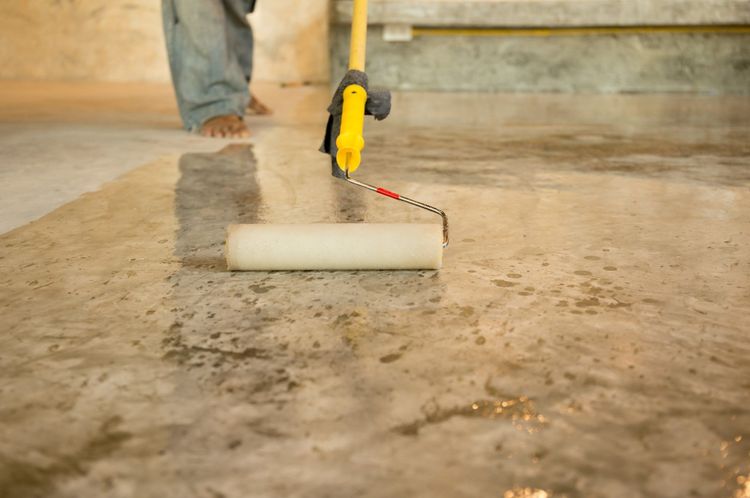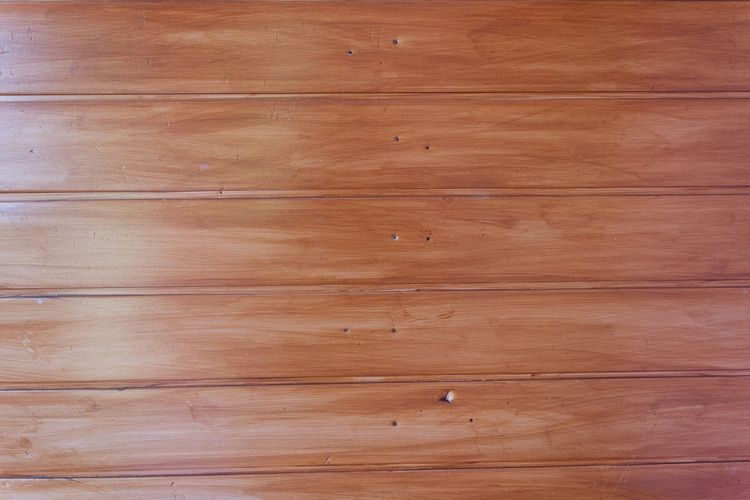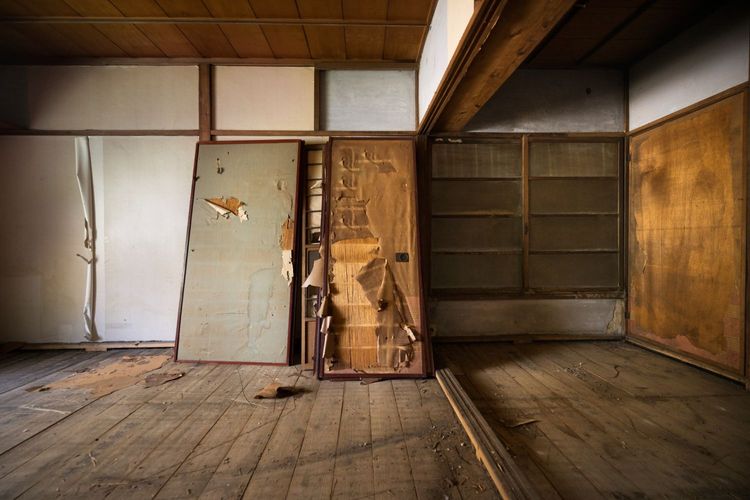Choosing flooring for your house
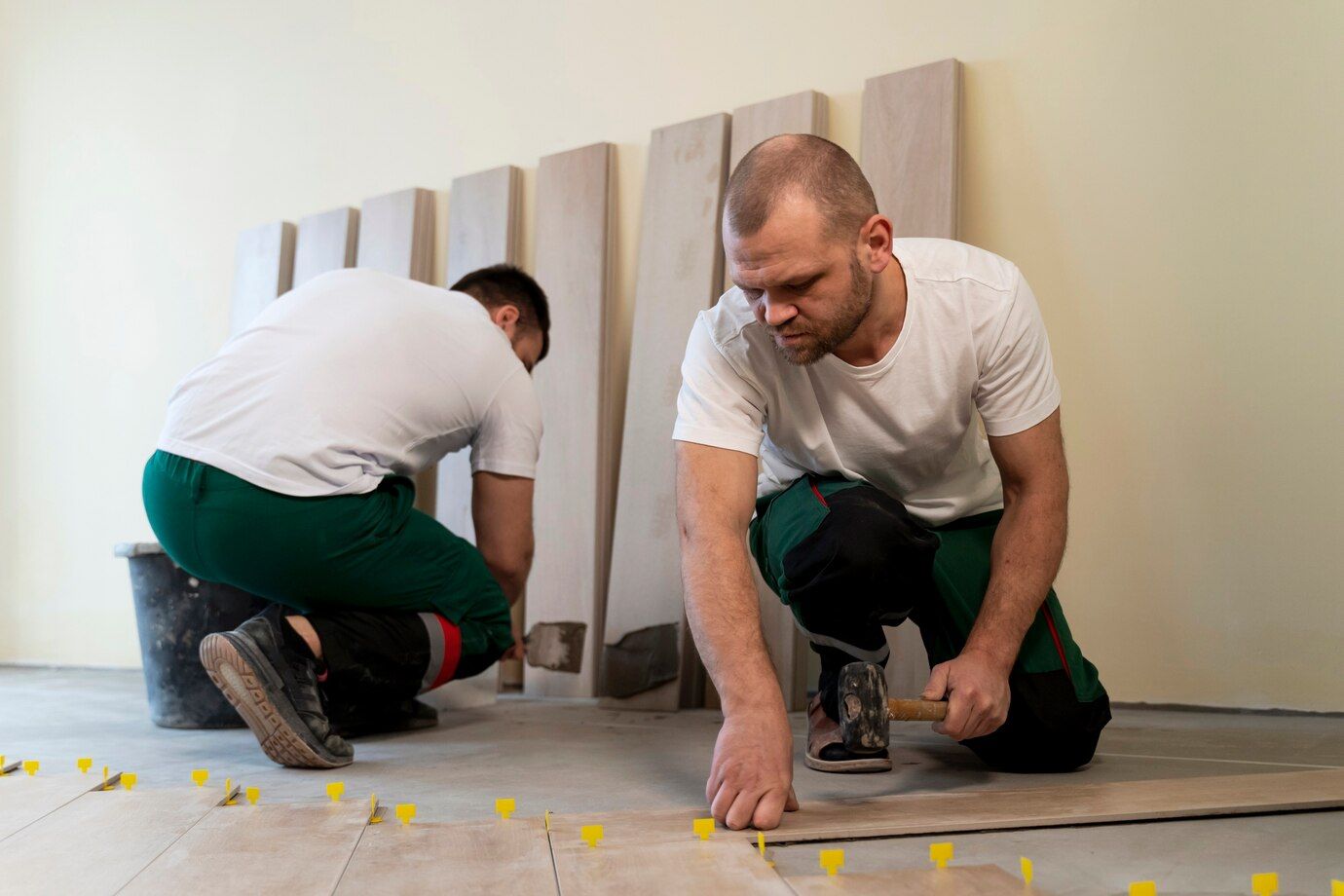
The choice of flooring is an important step in creating a cozy and functional home. The right material not only affects the aesthetics of the interior, but also provides comfort, durability and ease of maintenance. Depending on the style of your home, operating conditions and budget, you can choose different options: from warm wooden floors to practical laminate or tiles. In this article, we'll break down the main types of flooring, their features and benefits to help you make an informed choice for each room.
What the choice of flooring depends on
The choice of flooring depends on many factors that are important to consider to create a comfortable and durable interior. First of all, you should pay attention to the purpose of the room. In the bedroom and living room, where comfort and coziness are important, warm and pleasant to the touch materials such as wood or carpeting are better suited. Whereas in the kitchen, bathroom or hallway, where floors are exposed to moisture and dirt, it is preferable to choose flooring that is resistant to moisture and wear, such as tiles or vinyl.
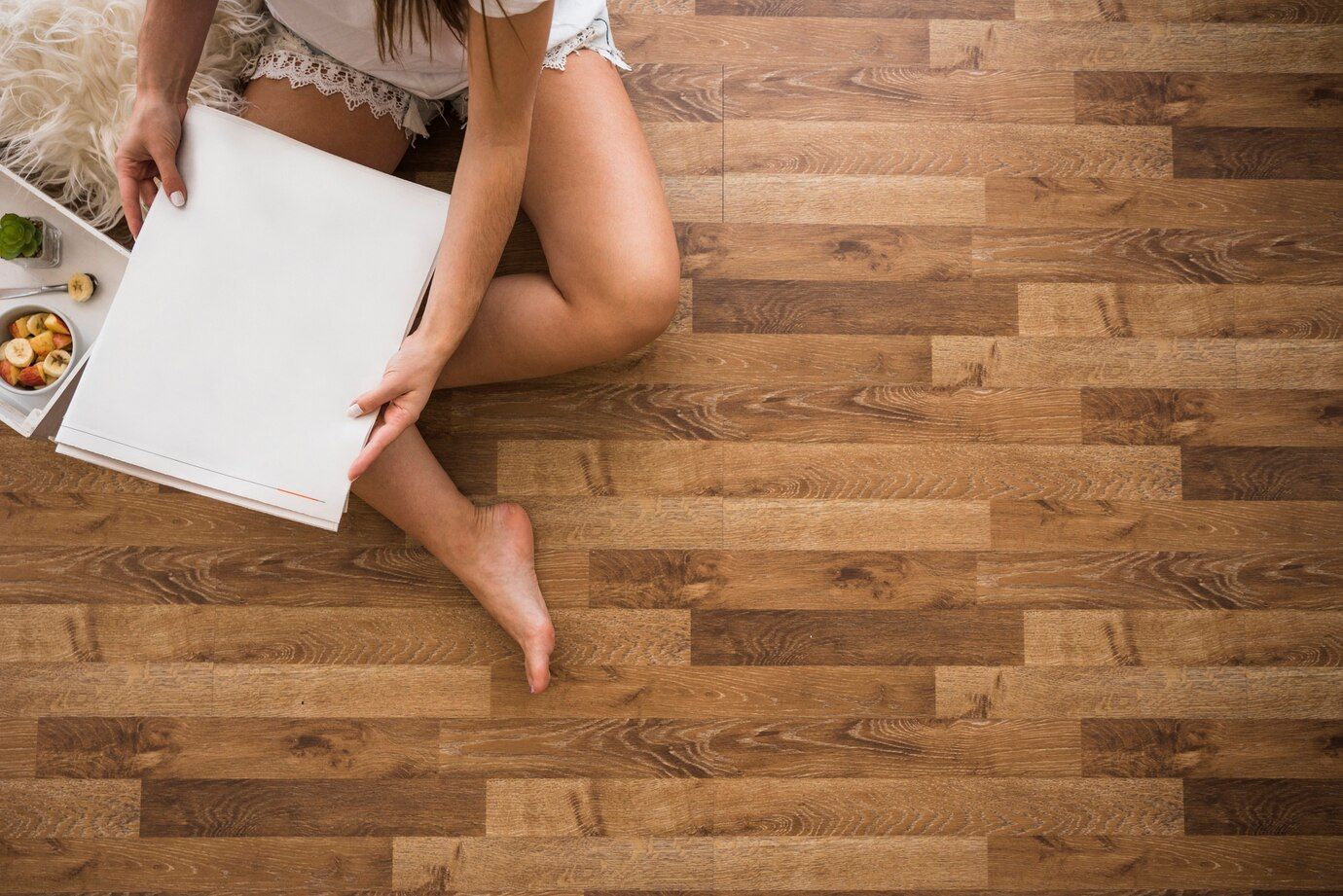
Equally important are the conditions of use and the load on the flooring. In homes with a high level of traffic, for example, if there are children or pets in the family, it is better to opt for materials with high resistance to scratches and stains, such as laminate or porcelain stoneware. Climate also influences the choice: in regions with high humidity, wood floors require careful maintenance, while engineered planks or vinyl flooring are better able to cope with fluctuations in humidity.
Aesthetic preferences and interior style play a role in the decision. The flooring should harmonize with the rest of the décor and support the overall style of the room. Finally, budget is also an important consideration: natural materials such as solid wood require a larger investment but last longer and add value to the home, while more affordable flooring such as linoleum or laminate can be a good compromise between cost and quality.
Can wood flooring be used in the kitchen or bathrooms
Using wooden floors in the kitchen or bathrooms is possible, but requires a special approach to the selection and care of the material. Wood, as a natural material, is sensitive to moisture, and constant contact with water can lead to its deformation and damage. However, there are solutions that allow you to enjoy wood flooring even in high humidity environments.
For kitchens, engineered planks or treated solid planks with a protective layer that resists moisture and dirt are best suited. Engineered planks have a multi-layered structure, making them less likely to change shape and size when exposed to water. The choice of wood species is also important: oak and teak, for example, are considered to be more moisture resistant and better able to withstand damp conditions.
In bathrooms, installing a wooden floor is a less common solution because of the constant contact with water, but even here you can find options. It is important to use a special protective coating, such as moisture-resistant varnish or oil, which will prevent water absorption. It is also wise to install wood in areas that are less likely to be exposed to water, such as toilets or guest bathrooms where the humidity is not as high as in the shower.
With proper installation and maintenance, wood flooring can last a long time and maintain its appearance even in a kitchen or bathroom environment. However, you should be prepared for regular maintenance and treatment with protective products to minimize the risk of warping and extend the life of the floor.
Parquet, laminate, or plank?
The choice between parquet, laminate, and plank depends on a combination of desired aesthetics, budget, and durability requirements. Each of these coverings has unique characteristics that will suit different environments and interior styles.
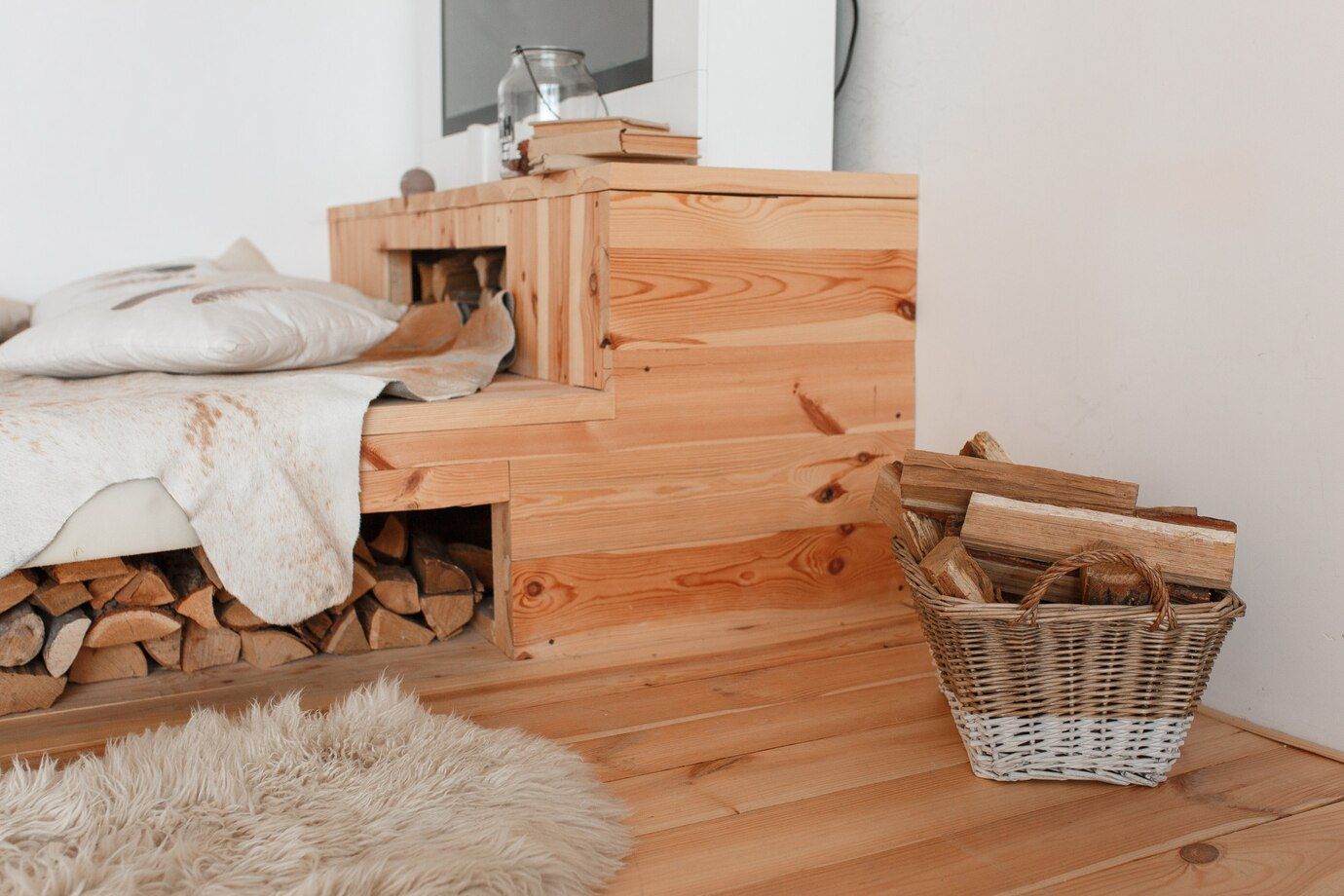
Parquet is the classic choice for those looking for a natural finish with an expressive wood grain. It can be piece or set, creating interesting patterns such as herringbone or wicker. Parquet is durable, especially with good care and periodic restoration, but its installation requires skill and can be costly. This option is well suited for living rooms and bedrooms where style and coziness are important.
Laminate is a more affordable and practical solution that imitates the appearance of wood, but is made from layers of artificial materials. It is scratch resistant and easy to install, making it a popular choice for high-traffic areas such as corridors and children's rooms. However, laminate is less durable than natural wood, and if damaged, it may need to be replaced more quickly than other flooring.
Plank, especially solid plank, is created from a single piece of wood, which gives the flooring extra strength and durability. This option is resistant to restoration and can last for decades, taking on a vintage look. The board is best suited for those who appreciate natural materials and are ready to invest in a quality coating, as the cost of a solid board is higher than that of laminate and even parquet.
Thus, the choice between parquet, laminate and plank depends on the priorities in terms of aesthetics, durability and cost, as well as the conditions of use in a particular room.

